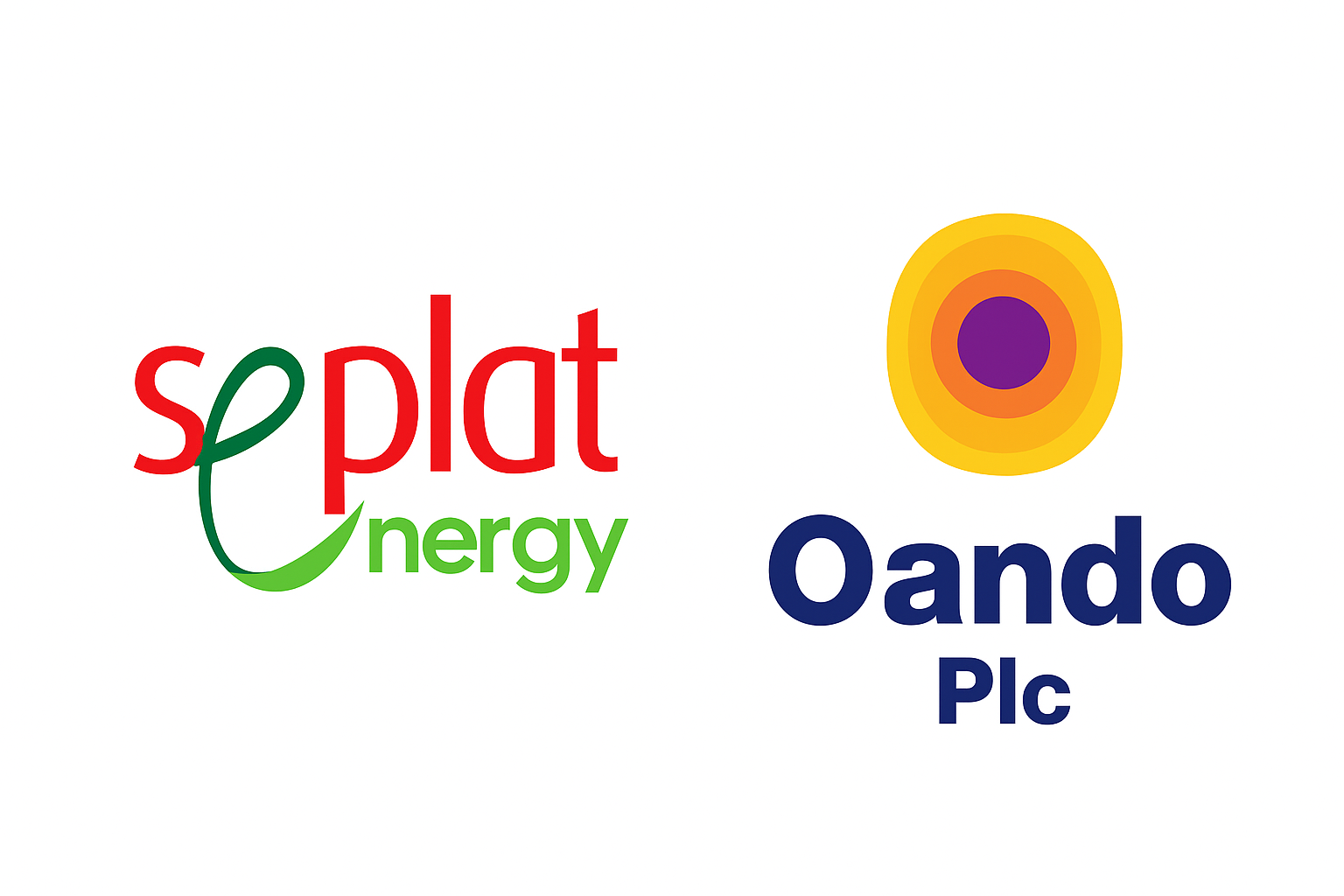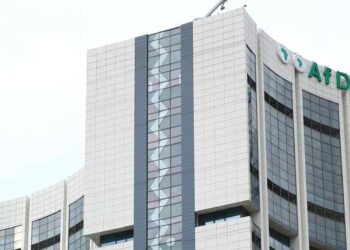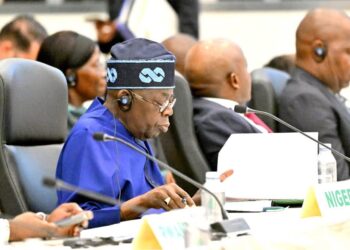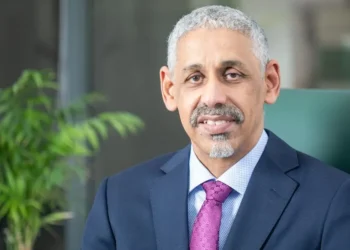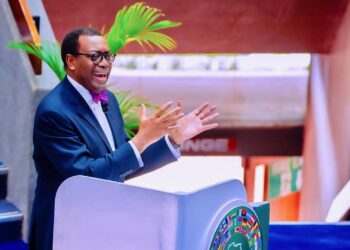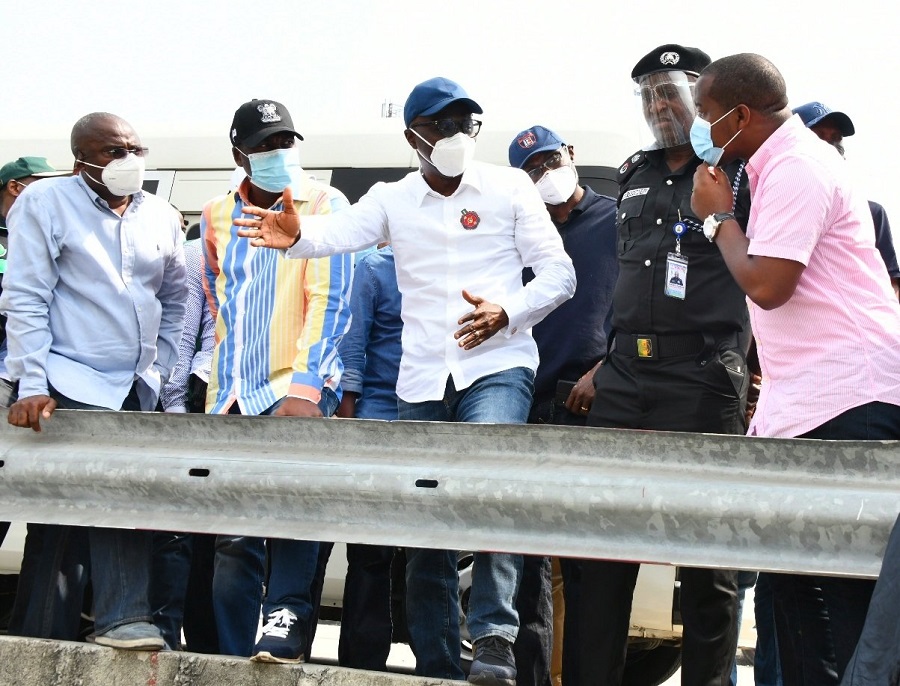The Federal Government has projected that Nigeria will likely exit recession by Q1 2021 amid the second wave of Covid-19 pandemic disrupting the financial markets.
Taking a cue from the Covid-19 abyss that occurred in March/April this year, some stakeholders now anticipate more downside risks to the recovery of Africa’s largest economy in 2021.
READ: Nigerian’s should expect “a significant devaluation” to N550/$1 – Goldman Sachs
Data retrieved from African Development Bank (AfDB) however, revealed that Real GDP growth in Nigeria’s economy is projected to rise to 2.9% in 2020 and 3.3% in 2021.
However, such metrics depend on how Nigeria’s fiscal officials implement the Economic Recovery and Growth Plan (2017-2020), which emphasizes economic diversification. The recent directive from the apex bank is that Nigerian banks should hold loan-deposit ratios of 60%, which bodes well for increasing lending to the real sector.
READ: FG to attract foreign investors for Actors Guild of Nigeria
Nigeria’s export earnings witnessed an increase, as Brent crude futures trades around $50/barrel, leading to improved foreign exchange reserves and creating the impetus for the central bank to intervene in Nigeria’s foreign exchange market.
Also, the Nigerian stock market closed Year-to-date return and market capitalization settled at 44.56% and N20.3 trillion respectively, printing gains that positioned it amongst the best-performing stocks market in the world and further showed signs of rebounding higher next year.
READ: Naira falls across forex markets as Nigeria’s external reserve loses $838 million in 6 weeks
Consequently, Nairametrics interviewed selected financial experts from diverse backgrounds, on the outlook for Nigeria’s investment sector in 2021.
Anthony Okafor, Ph.D., ACCA, Adjunct Professor at the University of Louisville.
“The COVID 19 pandemic dictated investment decisions in 2020 and may well continue into the New Year. Whether there will be a dramatic shift in 2021 depends on how quickly the virus is tamed through effective deployment of the approved vaccines.
READ: Agro processors appeal to CBN to provide easy Forex access for SMEs
“With the gradual distribution of vaccines across the globe, economic momentum should pick up, with pharmaceutical, aviation, and hospitality industries expected to drive this momentum. The gradual recovery of crude oil prices should help stabilize the naira, increase economic activities, drive capital flows, and reduce uncertainties. Tech companies’ stocks influenced investor behavior in 2020 and are likely to continue with that trajectory in the first half of 2021.
READ: Agro processors appeal to CBN to provide easy Forex access for SMEs
“The global economy was awash with cheap funds in 2020, owing to limited investment opportunities. The almost negative yield witnessed in the fixed income space should reverse in the first quarter, with government’s borrowing expected to outstrip the 2020 figures, as the Buhari administration attempts to walk the economy out of recession amid the impact of COVID-19 on the economy.
“Consequently, as investors’ confidence improves and becomes more selective, funds are expected to flow back into the fixed income market to pursue higher yields. However, stocks in the pharmaceutical, aviation, hospitality, and manufacturing industries are expected to dominate investors’ focus.
READ: Industry Group set to host a national dialogue on taxation and developing the non-oil sectors
“Given the liquidity surfeit in the system, we should expect an uptick in commercial paper issuance from blue-chip companies taking advantage of current market sentiments. The blurry economic outlook may constrain IPO activities in the short-term for start-up firms seeking to raise long-term funding through the capital market.
“Opportunities for mergers and acquisitions are expected in the banking sector, healthcare, and fintech space; however, time to market becomes crucial given the uncertain economic climate.”
READ: Bad times for XRP, as Coinbase suspends XRP trading
Adaobi Okonkwo, Head of Currency Trading at a Tier-1 Nigerian Bank.
“The US dollar in the last few weeks has been the major focus of all traders, with its index hitting a two and a half year low at 89.73. The general consensus of traders has been to short the dollar and invest in other safe-haven currencies including JPY. In the first quarter of 2021, the dollar is expected to remain the major driver of its pairs.
“Traders are also focusing on US stimulus negotiations; although, there are hitches with Republican Senate Majority leader, Mitch McConnell, yet to agree on a fresh round of COVID-19 aid package of about $900bn and President Donald Trump recently rejecting the stimulus bill.
READ: Covid-19: Restrictions cost Lagos MSMEs N2.7 billion – LCCI
“Any downsides for the dollar could be limited by the prospect of a fresh round of aid in the New Year as the new US administration of President-elect, Joe Biden, starts on January 20th.
“With the new strain of the coronavirus, there could be talks of the vaccine recently approved by the FDA being ineffective, thereby extending the losses in USD and further driving the uptick in its major pairs.”
Thelma Ugonna Ohiri-Anyanwu, CFA, Top Financial Expert of a Tier 1 Nigerian Bank.
“Inflation rate is expected to remain high, although the planned re-opening of the border and the upcoming harvest season may help ease food inflation in 2021. Rates regime are expected to remain low to encourage the recovery of the real sector, which would create great opportunities in the capital and alternative investment space. Also, to satisfy the requirements of the 2 loans secured by the government in 2021, I expect a further devaluation of the Naira to unify the official and NAFEX rates.
READ: Why telcos are very worried by this NCC directive
“Globally, with the uncertainty around the pandemic, Covid-19 vaccine and the need to distribute and preserve the vaccine; I expect increased investment and revenue for medical (especially pharmaceutical), logistics and refrigerator manufacturing companies.
“I also expect increased investment and acceptance of the Cryptocurrency world, with individuals and companies with technical know-how having an opportunity of higher earnings from training.
READ: FCTA to implement FG’s e-Government Master Plan from 2021
“Overall, the World Bank has forecasted that the Nigerian economy will marginally grow by 0.3% in 2021; So, I am hopeful that we will come out of the economic recession in 2021.”
Tomie Balogun, Millennial Investor and Founder of The Green Investment Club.
“The Federal Government secured two major loans this year; $3.4 billion emergency support loan from the IMF recently and a $1.5 billion package to help boost post-Covid-19 recovery. To satisfy the requirements of both loans, another devaluation of the Naira may take place in 2021, so that the official exchange rates and NAFEX rates can be unified. If this takes place, the CBN will only step in if large fluctuations of the exchange rates occur.
READ: Inflation rate to keep rising by 2021- LCCI
“Fuel prices are likely to be determined automatically based on market forces. The current VAT (7.5%) is likely to increase to generate additional revenue for the Federal Government of Nigeria. A hike in VAT will put a strain on the disposable income of medium to low-income earners.
“Overall, the World Bank projected that the Nigerian economy is forecasted to grow at 0.3%. I believe this is optimistic as it took 5 consecutive quarters to grow out of an economic recession in 2016. This recession is different, because of the effects on small business owners. Small business owners make up over 80% of the businesses in Nigeria and any adverse effects on small businesses reverberate across the economy.
READ: How Libya and Iran can add to Nigeria’s woes
“As an investor, my approach would be to consider my investment portfolio carefully, diversify to preserve the value of my portfolio and hold cash to take advantage of investment opportunities. In an economic recession, cash is king.”
Darlington-Morsi Onyemaka, Co-founder, Quba Exchange.
“The prospects of a COVID-19 vaccine by 2021 makes it likely the year of global economic recovery. There has been a significant amount of positive news in the financial markets already and a lot more is expected.
READ: Over 1 million people took loans from banks below 20% interest rate in 1 year- CBN
“Airbnb and DoorDash’s IPOs this December, are pointers that things are coming back to normal already, with more companies expected to go public in 2021.
“The #EndSARS protest in Nigeria, however, has exposed the deficiencies in our political system. We saw government institutions hoarding and mismanaging palliatives that were supposed to mitigate the harsh conditions imposed by COVID-19 on the citizens.
READ: Hilux leads Toyota Nigeria sales by 70%.
“This has made Nigerians to question the efficiency of the expected vaccination process and until we see an effective process in place (not just public statements), the Nigerian markets will not express optimism for potential recovery and that on its own will negatively affect how quick we join the rest of the world on the journey to full economic recovery.”
Bottom line
Nigeria needs to enforce economic reforms now that will encourage the return of foreign portfolio investors, as a clearer forex policy is important in instilling market confidence amongst investors.
READ: China to overtake United States as the world’s biggest economy in 2028
Also, the country needs to start investing in its most promising sectors such as the digital economy, as its major export earner starts to dwindle.
Finally, it is anticipated in many quarters that Nigeria’s apex bank will restore sanity to the foreign exchange market and money markets by ensuring the unification of Nigeria’s local currency to full effect.



